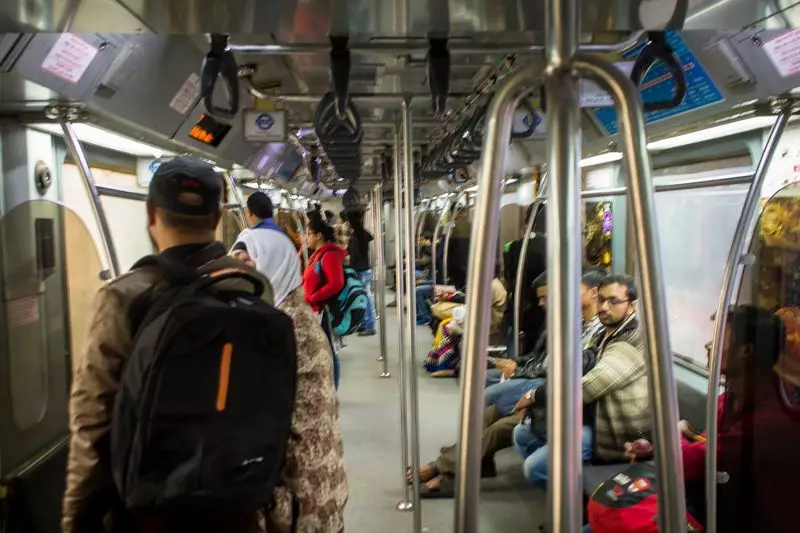
A comprehensive global study has uncovered startling statistics about how much time people worldwide spend traveling to and from work each day, with Indian commuters facing significant time investments in their daily journeys.
The Global Commute Time Breakdown
According to the research conducted by the International Transport Forum, the average person spends approximately 78 minutes per day on their commute. This substantial time investment represents nearly one hour and eighteen minutes that individuals dedicate solely to transportation between their homes and workplaces.
The study, which analyzed transportation patterns across multiple countries, revealed that commute times vary significantly based on geographical location, urban infrastructure, and available transportation options. The findings highlight the growing concern about urban mobility challenges in rapidly developing economies like India, where cities are experiencing unprecedented growth and congestion.
Factors Influencing Daily Travel Time
Several critical elements contribute to the duration of daily commutes, with urban population density playing a crucial role. The research indicates that residents of metropolitan areas typically face longer travel times compared to those in smaller cities or rural regions.
Transportation infrastructure quality emerged as another significant factor. Cities with well-developed public transit systems, efficient road networks, and integrated mobility solutions tend to have shorter average commute times. The availability of multiple transportation modes, including metro systems, buses, auto-rickshaws, and app-based cab services, also influences overall travel duration.
The study further noted that economic factors and housing affordability often force workers to live farther from their workplaces, inadvertently increasing their daily travel time and contributing to urban congestion patterns.
Implications for Urban Planning and Quality of Life
The substantial time investment in daily commuting has far-reaching consequences for both individuals and society. From a personal perspective, lengthy commutes can lead to reduced productivity, increased stress levels, and less time available for family, leisure, and personal development.
For urban planners and policymakers, these findings underscore the urgent need for sustainable transportation solutions and better urban development strategies. The research suggests that improving public transportation infrastructure, promoting mixed-use neighborhoods, and encouraging remote work options could significantly reduce commute times and enhance overall quality of life.
The study also highlights the economic implications of excessive commuting time, including lost productivity hours and increased transportation costs that affect both individuals and the broader economy. As Indian cities continue to expand and modernize, addressing commute time challenges becomes increasingly crucial for sustainable urban development.
These findings provide valuable insights for government agencies, urban planners, and employers seeking to create more efficient and livable cities while improving work-life balance for millions of daily commuters across India and the world.





